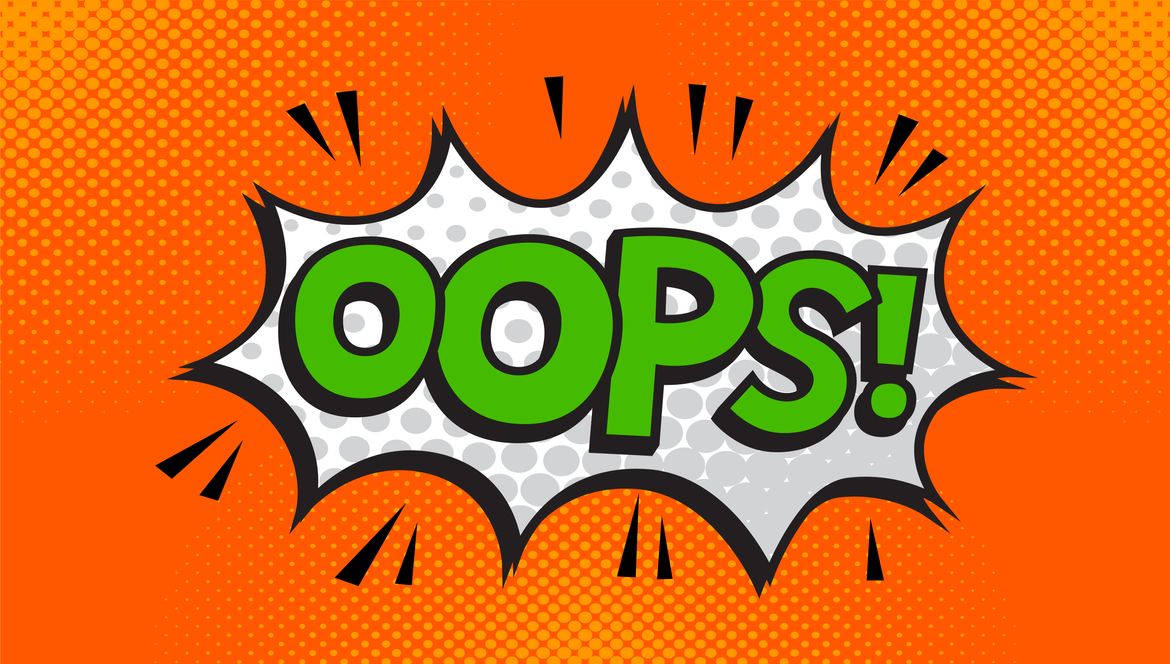What is More Important : Holistic support or Literacy ?
Autism is not a choice – Acceptance is.
Autistic children have a pure heart & soul; they are very sensitive. They see and experience the world differently. They laugh, feel and express themselves in their own way. They can fulfill their needs, some of them can exchange their thoughts with others by using their own/limited vocabulary, they can learn, in every situation they remain content and do not disturb others; they always want to be with themselves. Yes, they are unique like everyone else! The irony is that understanding and acceptance among the parents about this uniqueness is very less. Their parents feel that the child is different or is having some problem. The moment they realize that their child is autistic the y start panicking as if their world is crushing down. It is imperative to realize that the child is not always disabled; the child is mostly differently abled!
y start panicking as if their world is crushing down. It is imperative to realize that the child is not always disabled; the child is mostly differently abled!
A 16 years old autistic child’s parents have become hopeless and tired now. According to them, they are constantly making efforts but he is not improving. They have been taking him to different classes for last 10 years. Despite that, he is not toilet trained yet, he is totally dependent on his parents for is daily chores. Yes, there is no known cure for autism; however, there are treatments and education approaches that can address some of the challenges associated with the condition. A multi-disciplinary approach or intervention can help to lessen problematic behaviors, and education can teach self-help skills for greater independence.
It is very important to understand that Autism Spectrum Disorder, refers to a range of conditions characterized by challenges with social skills, repetitive behaviors, speech and nonverbal communication, as well as by unique strengths and differences. It may be autism spectrum disorder or high functioning autism. It is caused by different combinations of genetic and environmental influences. The term “spectrum” reflects the wide variation in challenges and strengths possessed by each person with autism.
Scientific studies have demonstrated that early intensive behavioral intervention improves learning, communication and social skills in young children with autism. Options for Treatment Include: Parent Education and Training, Social Skills Training, Task Need Analysis, Pivotal Response Training, TEACCH program, Discrete Trial Training (DTT), Verbal Behavior (VB), and Incidental Teaching (IT), Applied Behavior Analysis, Sensory Integration/ Occupation Therapy, Cognitive Behavior Therapy, management of echolalia ( if required) , Social stories, Medication (if required). Only one or two modalities cannot show a drastic change in the child. An integrated program must be developed by a multi-disciplinary team.
To develop the appropriate training program according to the need of the child, differential diagnosis is required, which includes: Developmental assessment, adaptive functioning assessment, ADL & functional assessment, CBCL, Autism tool, Intelligence assessment (for high functioning autism), Vocational assessment for adolescence. Sometimes autism is easily misunderstood by Speech and language disorder. So before preparing training program, a careful diagnosis (test must be standardize in Indian Culture) is must. A rehabilitation or clinical psychologist can help in the diagnosis.
There are various Indian Govt. Policies for these children. Please get a certificate made and avail the benefits as soon as possible.
Parents get out of the denial and don’t take it as a stigma. Do something concrete and start an early intervention. Allow them to break free from the shackles of this judgmental society’s verdicts and FLY !





